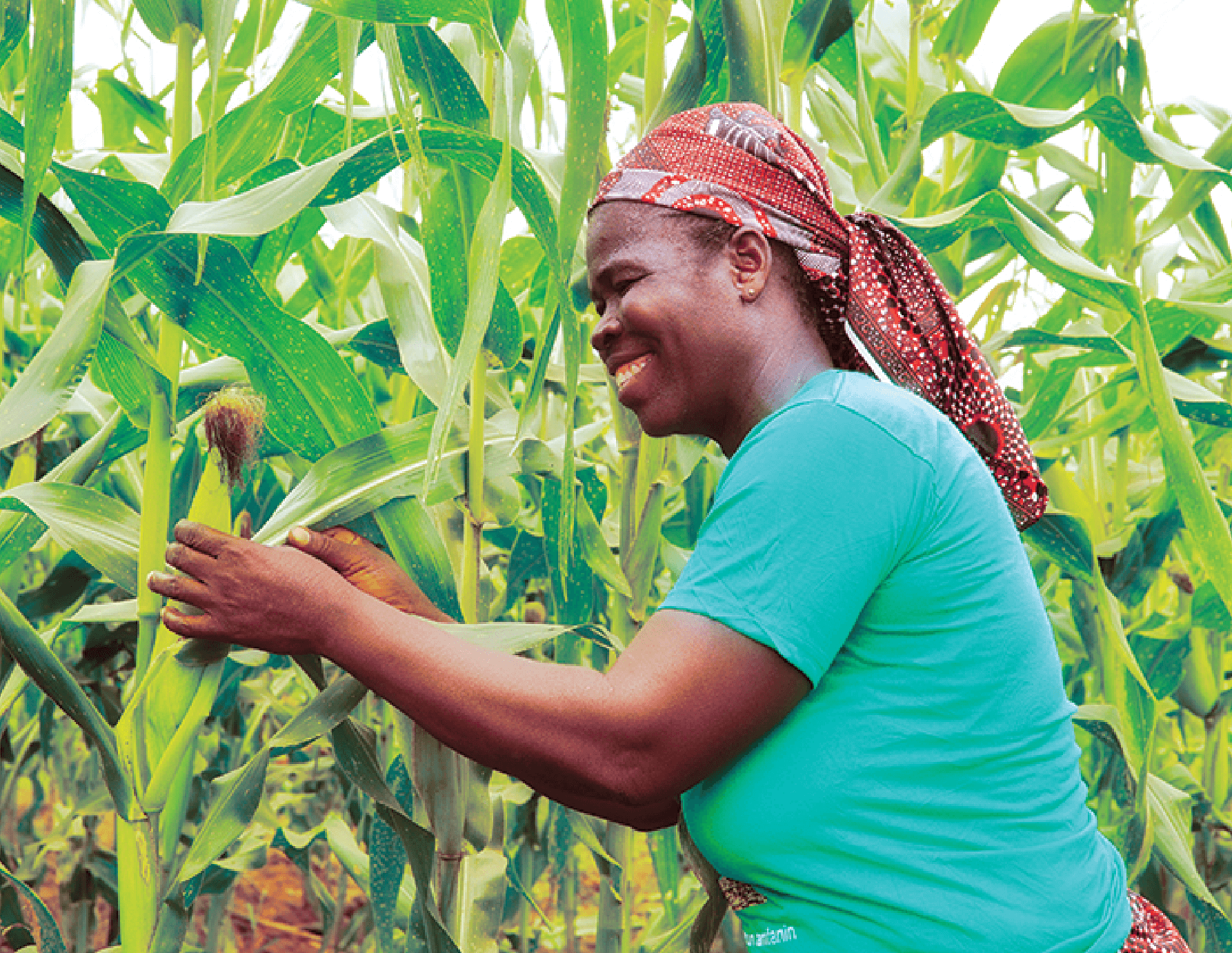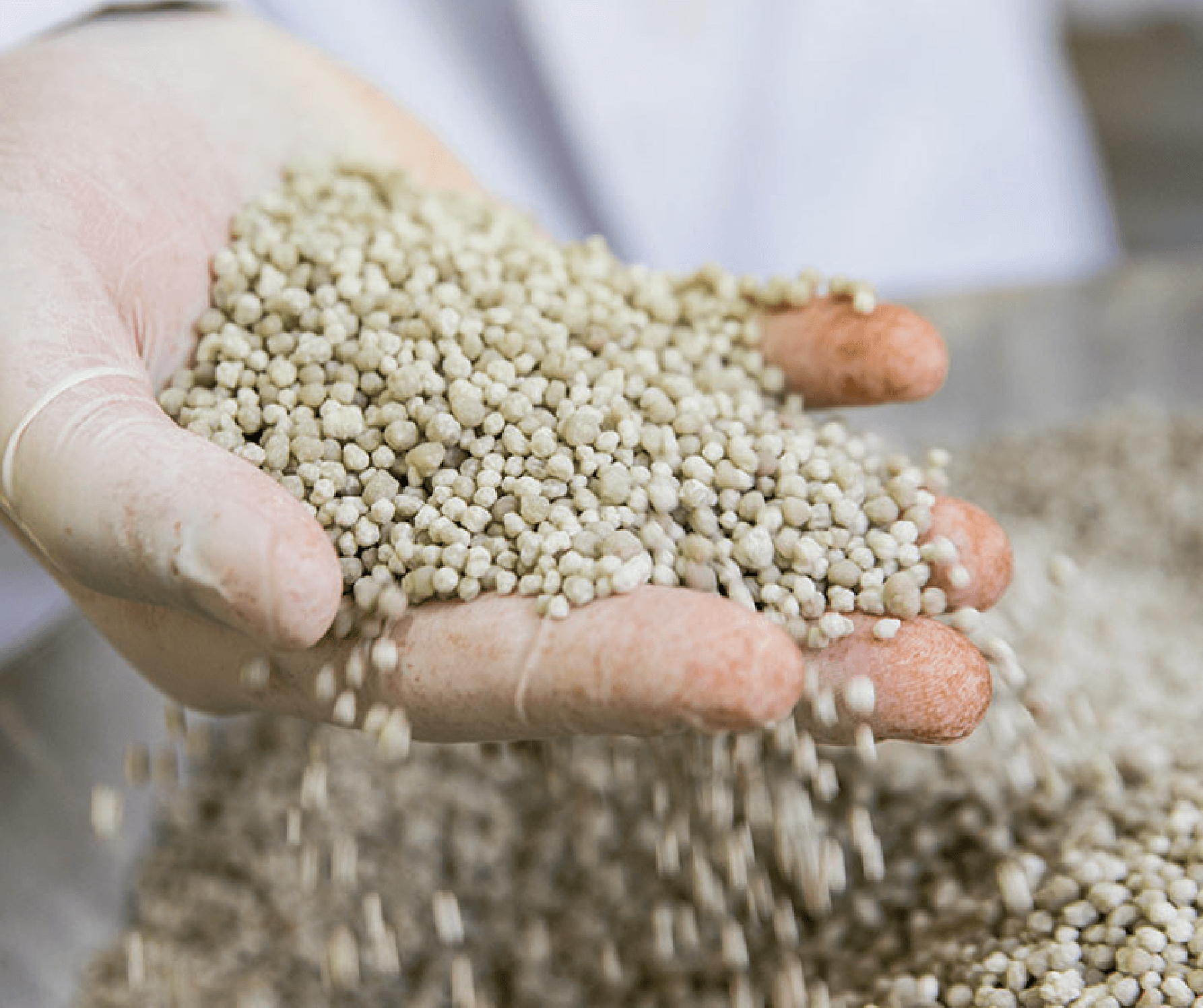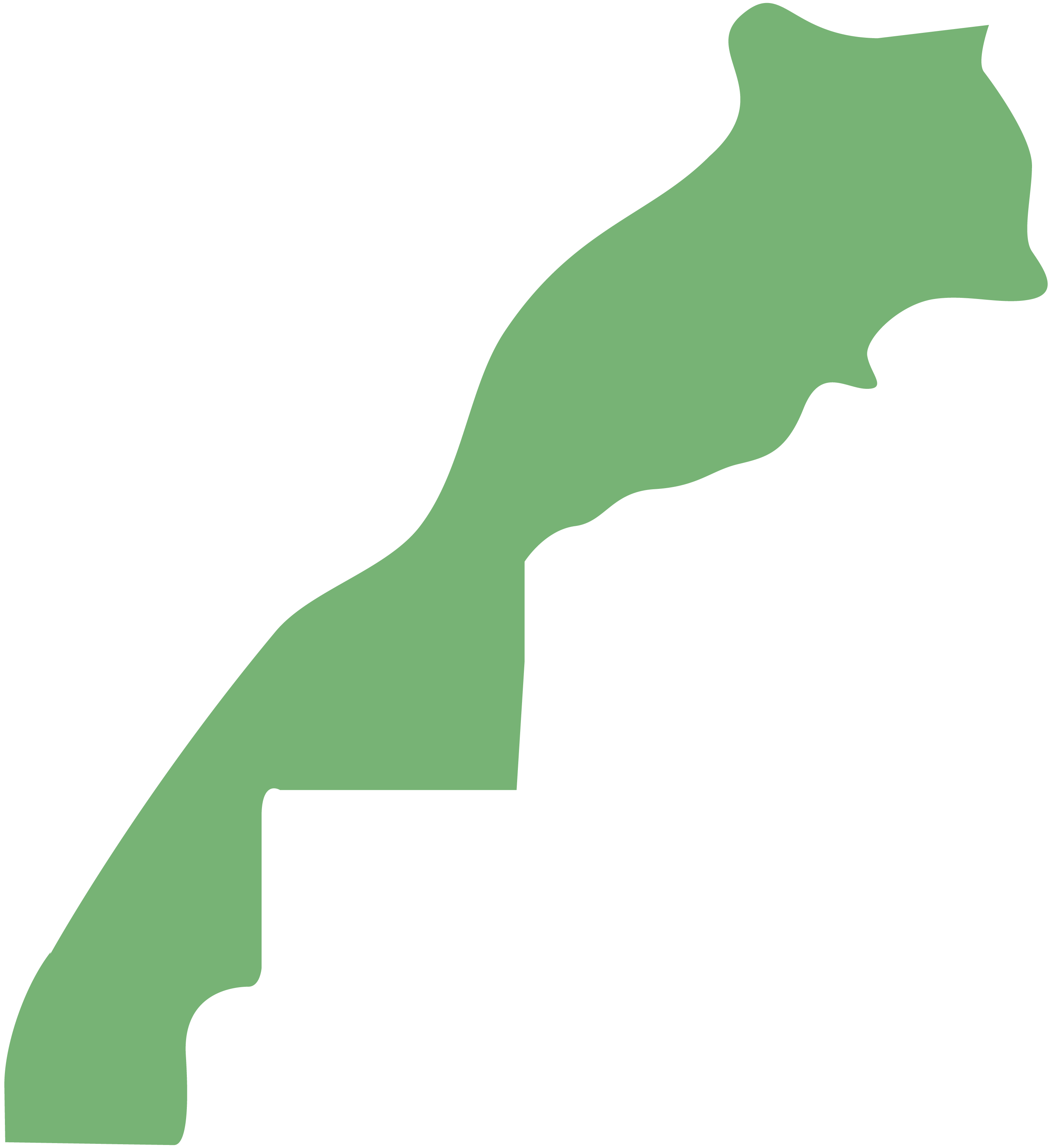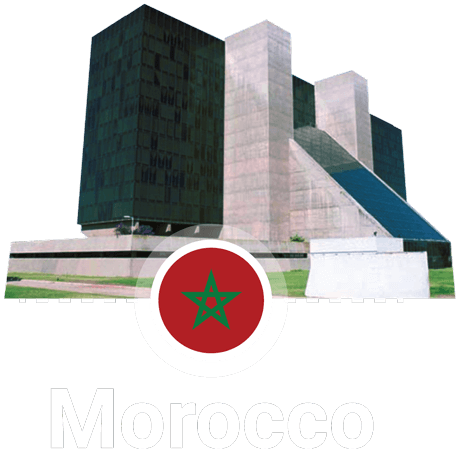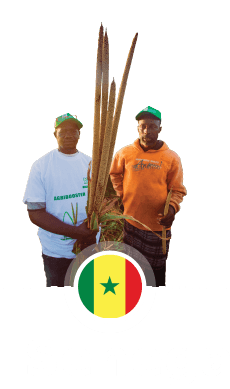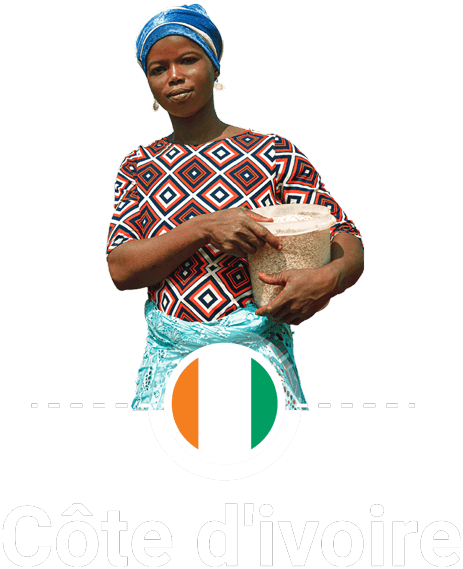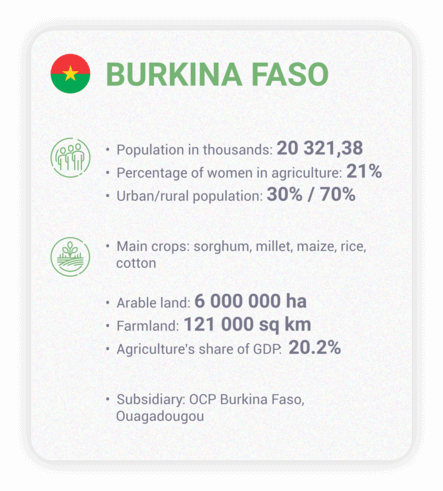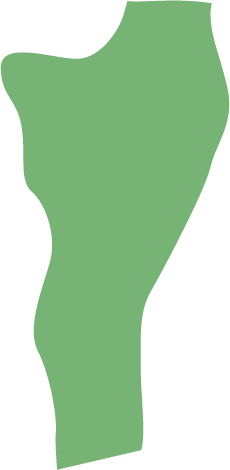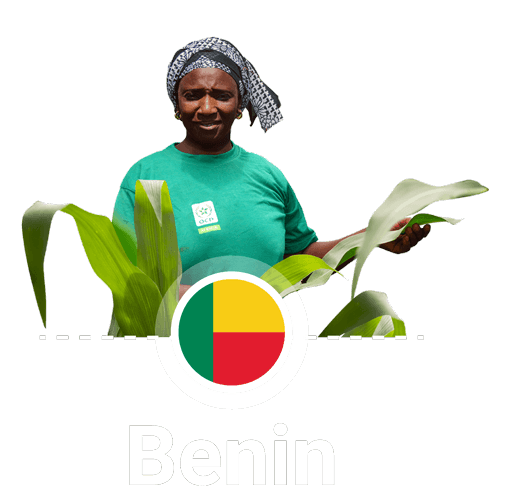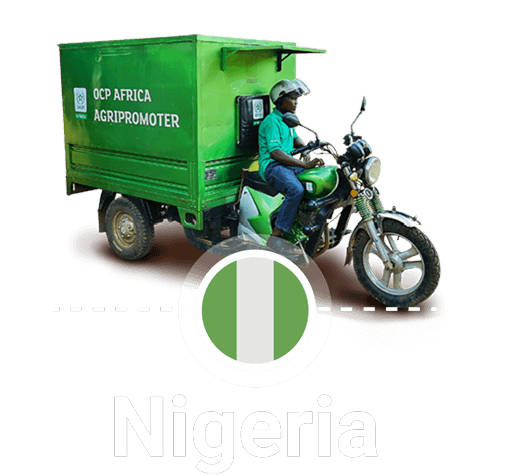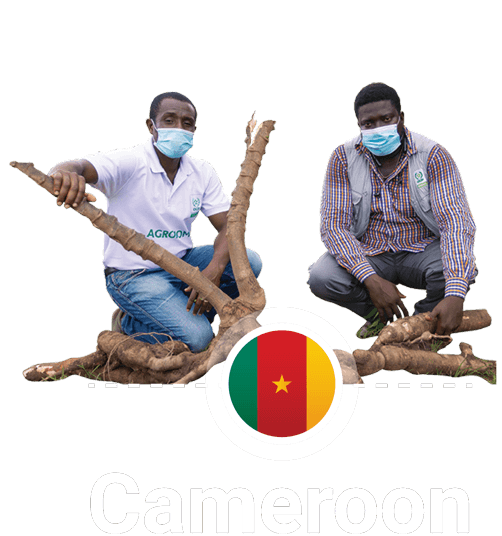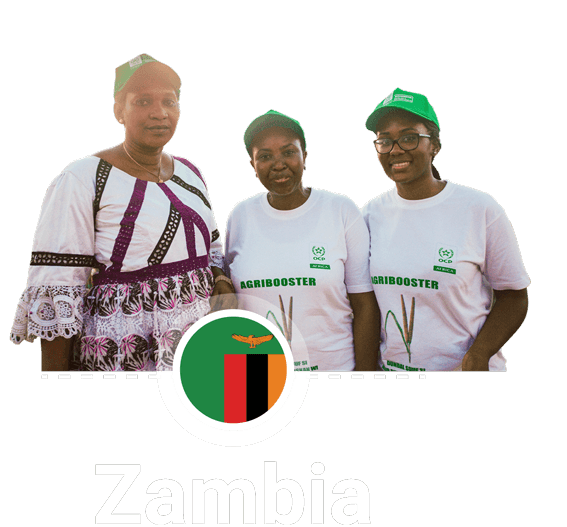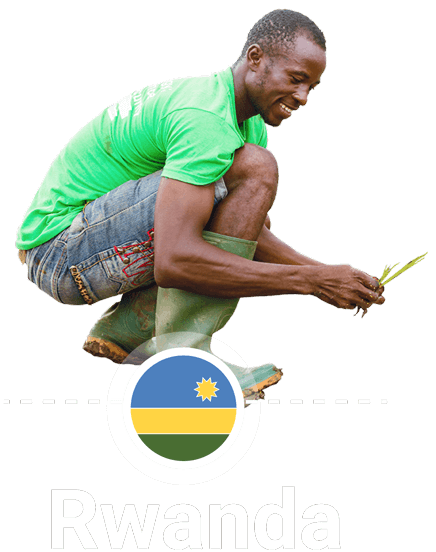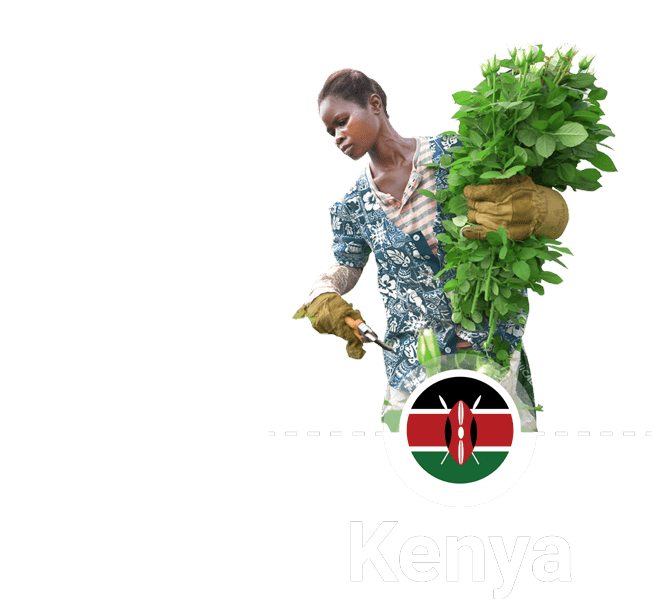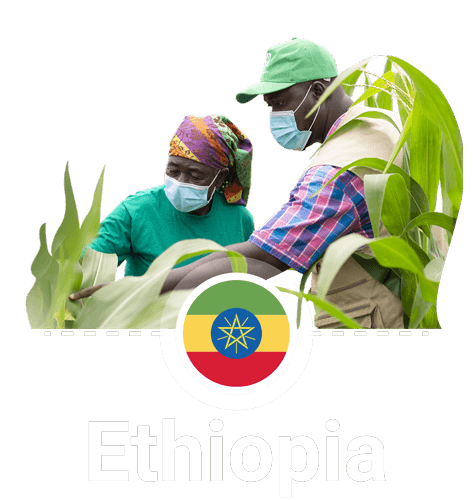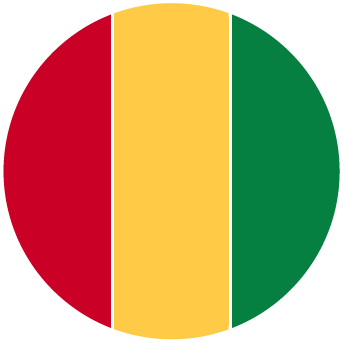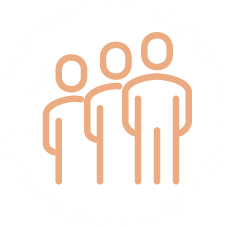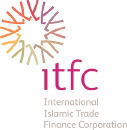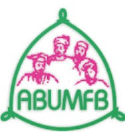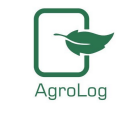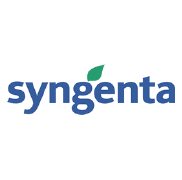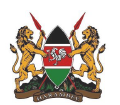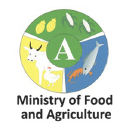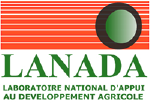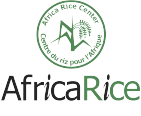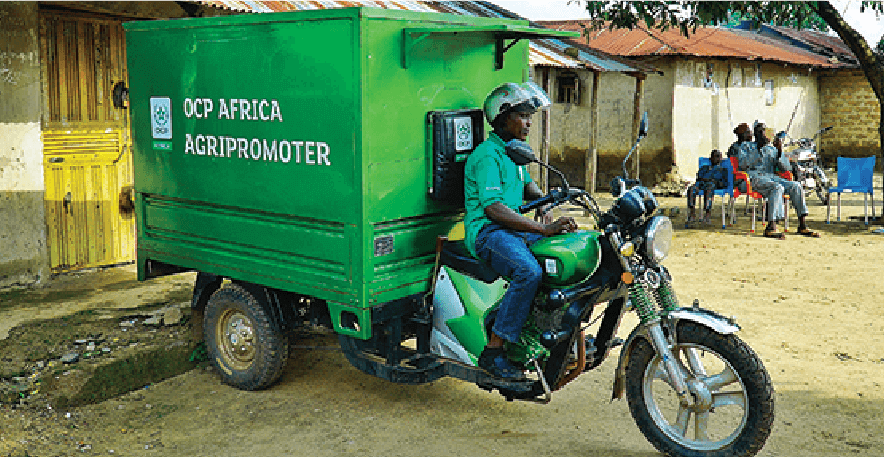
OF CONTRIBUTION
TO FOOD SYSTEMS DEVELOPMENT
IN AFRICA


Dr. Mohamed Anouar JAMALI
CEO OCP Africa
April 2021


Created 5 years ago, OCP Africa capitalizes on the century-old experience of OCP Group to contribute to the sustainable development of African agriculture.
Present in the continent through 12 subsidiaries and 2 representative offices, with 17 African nationalities, OCP AFRICA is proud to belong in a multicultural, forward-looking Africa and working with a network
of public and private partners on the continent - governments, agricultural processing agencies, non-profit organizations, research institutes, and multinational Agri-business.
This report tells the story of our 5 years of activities in the service of African farmers to accompany them in the transition from subsistence agriculture to value-creating agriculture.
Through this activity report, we renew our deep conviction that Africa holds the keys to becoming a world leader in sustainable agriculture, using its own human and natural resources.
Through this business report, we thank all our African and international partners and all our employees within the OCP Group and its subsidiary OCP Africa for this ability to bring
intelligence and knowledge together in a spirit of commitment, sharing, and benevolence. Finally, through this report, we pay a moving tribute to former OCP Africa Ceo Karim Lotfi Senhadji for his outstanding leadership during his tenure from 2016 to 2020.
Click to learn more about our
5 years of contribution to the development of food systems in Africa
THE AFRICAN
DREAM
African states have relied heavily on agriculture in the past few decades to ensure their development, as evidenced by the numerous efforts.
The continent's high proportion of young people, the availability of quality arable land, and the abundance of water resources make it an ideal place to feed a growing population sustainably.
Its millions of hectares of available arable land, the diversity of its agro-ecological zones, its potential for industrial, environmental, social, and human development make Africa a strategic continent for the global agri-food industry.



THE STORY
OF A GREAT VENTURE
Our adventure started five years ago. In five years,
OCP Africa has been intensely involved in 12 subsidiaries
where 17 different nationalities work side by side.
Over the past five years, we have achieved many
milestones, sealed partnerships, initiated programs,
successfully implemented projects, and accompanied
farmers.


AFRICAN
FOOTPRINT
Our presence on the continent is crucial to ensuring a close
relationship with our customers and our partners.
Based in Morocco, OCP Africa has 12 representative offices
and subsidiaries across the continent.


OCP AFRICA
IN ACTION
As an active player on the continent, OCP Africa deploys projects tailored to each country's needs, involving targeted public–private partnerships leveraging on local resources.
By enhancing cooperation, promoting knowledge sharing, creating partnerships, and implementing innovative solutions, OCP Africa contributes to African agriculture's development.
One of the company's main concerns is developing a multidimensional and integrated approach that fosters a dynamic of collective intelligence. This holistic approach has had a significant impact on the continent's agriculture.




















